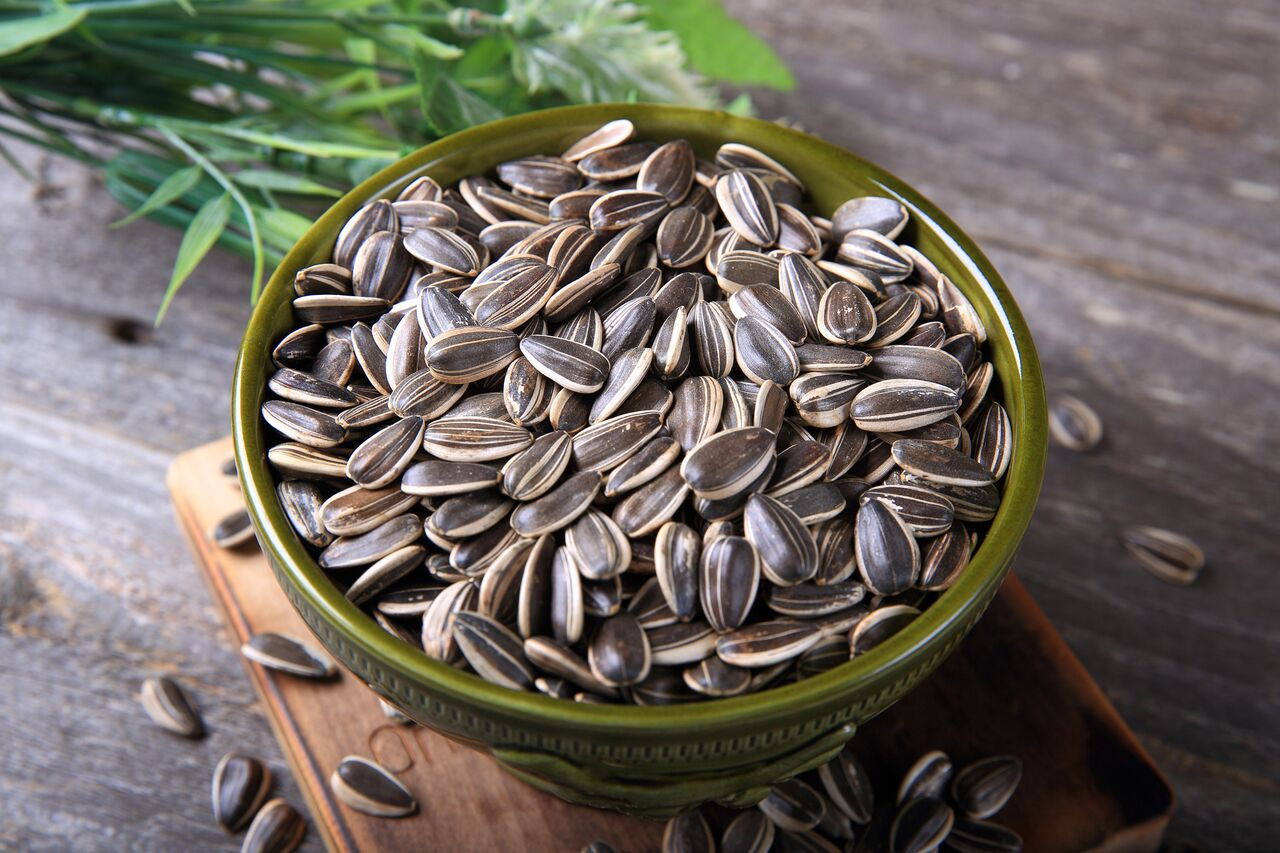
Sunflower seeds may appear small and unassuming, but don’t be fooled by their size—they’re full of nutrients and health goodness. Whether you’re sprinkling them over a salad, munching them by the handful, or blending them into your morning smoothie, sunflower seeds are one of the most versatile and nutritious foods you can include in your daily life. Here are 11 impressive ways they support your health, starting with some lesser-known perks and building up to the biggest reasons you’ll want to keep them stocked in your pantry.

11. Supports Digestive Health
You’d never think it, but sunflower seeds are a good source of fiber. One serving provides you with about 3 grams, which can keep your digestive system moving along. That fiber nourishes your friendly gut bacteria and helps normalize bowel function, so sunflower seeds are a good choice if you want to boost digestion and prevent constipation.

10. Maintains and Builds Muscle
Looking for a plant-based way to support your muscles? Sunflower seeds offer a good dose of protein, minus the saturated fat and cholesterol found in meat. They’re especially useful if you’re a vegetarian or cutting back on animal products. Plus, the potassium in sunflower seeds supports proper muscle function and recovery.

9. Supports Female Reproductive Health
Sunflower seeds are full of vitamins such as vitamin E, folate, phosphorus, and healthy fats, all significant to maternal health and fetal growth. In addition to that, sunflower seeds have natural ingredients that aid in digestion and the immune system, which is particularly beneficial when pregnant.

8. Regulates Blood Sugar
Sunflower seeds are also a beneficial snack for blood sugar control. They carry plant constituents such as flavonoids and phytosterols that contribute to their ability to regulate blood sugar levels and, potentially, provide protective effects for diabetes-prone individuals.

7. May Lessen Muscle Cramps
Magnesium is one of those minerals you never hear mentioned enough, yet it’s essential for proper nerve and muscle function. Sunflower seeds are a good source, and including them in your diet will facilitate the alleviation of muscle cramps and enable smoother overall muscle movement.

6. Facilitates Thyroid Function
Sunflower seeds may benefit thyroid health, thanks to their antioxidant content. These antioxidants help protect your thyroid gland from oxidative stress, which can be especially important if you’re looking to support hormone balance naturally.

5. May Lower Cancer Risk
Nutrients in sunflower seeds—such as vitamin E, tocopherols, and conjugated linoleic acid (CLA)—have been researched as potential cancer fighters. These are nutrients that protect your cells from damage, lowering the risk of chronic disease and promoting long-term health.

4. Boosts the Immune System
If you’d like to provide your immune system with a bit of extra affection, sunflower seeds are a wonderful place to begin. They’re full of zinc and selenium, both of which have important jobs to play in assisting your body in fighting off viruses and bacteria.

3. Boosts Energy Naturally
With their high B vitamin content—such as thiamin, niacin, and vitamin B6—sunflower seeds assist the body in converting the food you consume into energy. A small serving can provide a quick, natural energy boost to get you through your day.

2. Supports Heart Health
One of the most widely known advantages of sunflower seeds is how good they are for your heart. They are rich in good fats, especially the ones that reduce harmful cholesterol and maintain cardiovascular function. They also have plant sterols, which are proven to keep cholesterol at bay.

1. Reduces Inflammation
On top of the list is the capacity of sunflower seeds to fight inflammation. Due to their rich content of vitamin E, flavonoids, and other plant chemicals, they soothe inflammation all over the body. This is significant since chronic inflammation is associated with most diseases, such as heart disease, diabetes, and even certain brain diseases.

Of course, it doesn’t always take more. Although sunflower seeds are low in sodium naturally, the salted ones can contain a whole lot of added salt, so do check the label. Consuming too many of them, especially with shell, can cause digestive upset, such as bloating or an obstruction. Although it is uncommon, allergies to sunflower seeds can occur and can be mild or severe. A good portion is approximately 30 grams of shelled, unsalted seeds daily.

You can easily incorporate sunflower seeds into your diet. Sprinkle them over yogurt, oatmeal, or salads. Add them to smoothies or experiment with sunflower butter if you’re searching for a nut-free version. Enjoy them however you like, as these small seeds can pack a big punch when it comes to health benefits.
